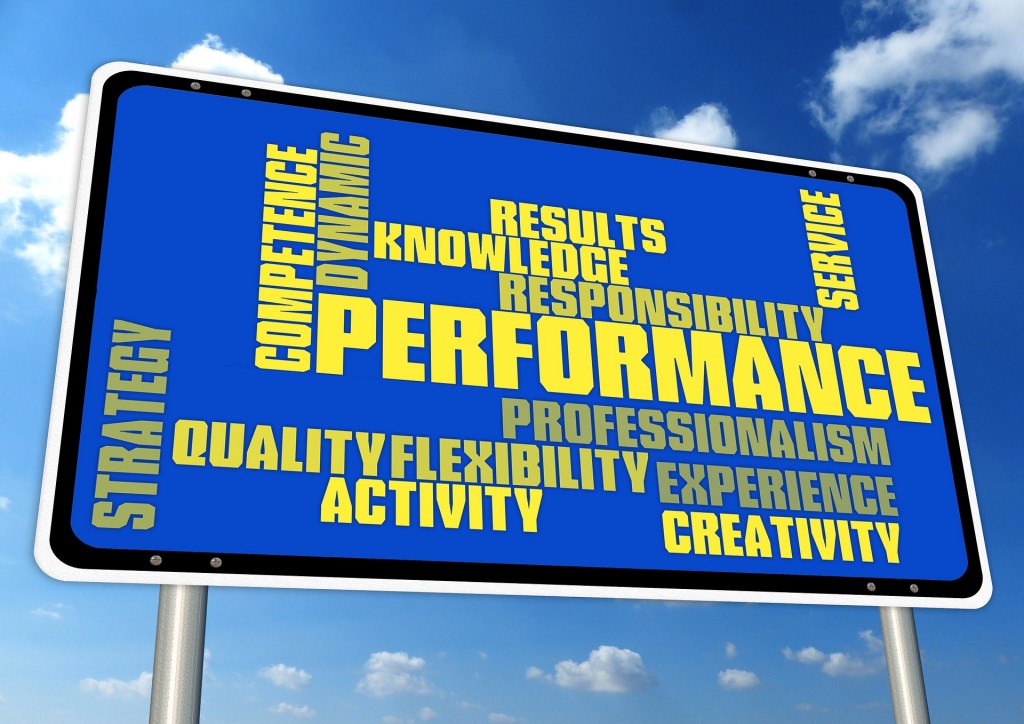When you are in the first stages of your business development, there are so many things that you have to think about. You want to make sure that your technical expertise is strongly visible and you want to acquire as much business as possible. So, you are required to work in many roles and probably roles you don’t particularly like. However, if your Vision of the business is one that is fairly large and still growing, you must think of yourself as the technical expert, the manager, the administrator, the financial officer, the receptionist, the janitor and anyone else the business needs. Eventually, as you grow, these roles will be given to someone else, but which ones should you focus on most at this time? Obviously, your technical skill will draw in your first customers and you must perform it excellently at all times, in fact, this should be the first System that you design. This System will contain the standards for anyone that you hire to help you with the technical skill, the reason you are in business.
So, the second role that you will perform as long as your business exists, unless you sell it, is the role of a manager. In fact, you might delegate the technical skill to others in the future and you will perform primarily as the manager; so you might as well get ready for it now. A manager directs and controls all operations and all people involved. Therefore, it’s a good idea to understand how a good manager manages performance early in the process. Obviously, the way you manage performance will make or break your business.
Successful performance management must have a strong foundation. That foundation is formed by your Mission, Values and Vision. Your Vision will include your strategic management plan. This gives you guidance for your position descriptions, objectives, standards and measurements. The elements of this strong foundation makes performance management easier to execute, comprehensive and motivating for all involved. You can’t manage performance appropriately without this foundation.
“Selecting the right people with potential to excel and then developing those people through the coaching and mentoring process to achieve greatness is a primary responsibility of leadership. Effective leaders know precisely when to coach, when to mentor, and when to manage.” −Dr. Rick Johnson, founder, CEO Strategist, LLC
Following are two important things that you can do to help manage performance:
1. Develop and perform by systems.
Even if you don’t have employees, design a system for your technical area, document the system and practice following this system with each customer. You will probably notice the need for improvement, make the changes and keep following the system. Why? When it’s time to make your first technical hire or assistant, you will have information for your position description, interviewing process and new employee orientation or on boarding as well as performance evaluation. You can then teach your new hire your tested and working system. Systems will make it easier to grow your business. Just consider the repeatable and extremely successful franchises, such as McDonalds and others. They have clearly established systems. Create and document systems for all of your business operations
2. Regard every employee as a valuable asset.
This perspective will make you look at employees differently. You will realize the need to nourish and develop each person to his/her highest ability. You can control for bad hires with a hiring process that tests for knowledge, skills, abilities, talents and potential. A Harvard Business School study has performed research on businesses such as QuikTrip and Trader Joe’s where the employees are highly valued. See, “The Trader Joe’s Lesson: How to Pay a Living Wage and Still Make Money in Retail.” Sophie Quinton. There is also a practice of promoting from within which works quite well when you test job applicants for potential along with the other requirements. However, when employees at all levels are regarded as assets with valuable skills, you will see a positive impact on your customers and that will promote the success and growth of your business.

